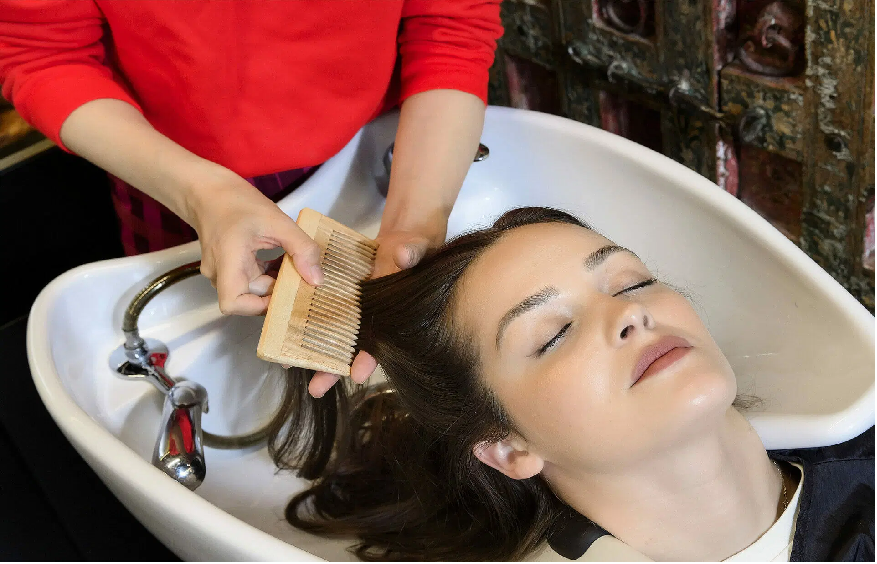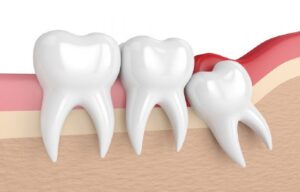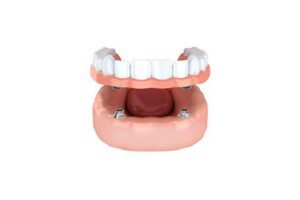Should I stop my usual treatment?
4 min read
Treatments should be maintained unless otherwise advised by the gastroenterologist or anesthetist during the prior consultation.
If you are taking aspirin or NSAIDs such as ibuprofen, you can continue to take them as usual unless otherwise instructed by your gastroenterologist doctor. You will need to discuss this with your gastroenterologist doctor during the pre-procedure consultation. Ask your gastroenterologist for specific instructions if you are taking an antiplatelet or blood thinner such as Clopidogrel, Plavix, Effient, Prasugrel, Pradaxa, Coumadin, warfarin, Previscan, or Lovenox.
The colonoscopy will be done after a discussion between your various doctors: the one who prescribed the medication, your attending physician, the anesthesiologist and the gastroenterologist. Know that there is no standardized situation and that each case is unique.
If the anticoagulants cannot be stopped, you may be asked to do replacement subcutaneous injections (of the heparin family) which are easier to manage if there is a risk of bleeding. Also, do not forget to have the list of all your medications at each consultation throughout the procedure that takes you to the colonoscopy.
What if I have difficulty taking the colonic preparation?
Rarely, people may experience nausea or vomiting with the preparation. If this happens, give yourself a 30-90 minute break, rinse your mouth or brush your teeth, then continue drinking the preparation solution. Changing the taste with a candy or a lollipop can sometimes help.If you have the impression that your preparation is not perfect on arrival at the health establishment because you are still evacuating hard fragments in the middle of an opaque liquid, inform as soon as you arrive at the establishment where you should be do your exam. You may need extra prep or an enema just before your endoscopy.
If I have a stomach ache during the preparation:
It is common to experience abdominal discomfort until the stool leaves your colon (this can take 2-4 hours, and sometimes significantly longer). Significant abdominal pain without stool evacuation after 6 hours should lead to stopping the preparation and calling your gastroenterologist.Anal skin irritation or a flare-up of hemorrhoidal inflammation can occur and can be treated with a variety of over-the-counter products, including soothing or “hemorrhoidal” creams, baby wipes. Avoid products containing alcohol.
Can there be complications following this examination?
This is not a completely risk-free examination. The main risk is the occurrence during the examination of a perforation of the intestinal wall. This complication leads to some comments.
First of all, it is exceptional (less than 1/10,000 procedures). It does not have the same frequency depending on the objectives of the examination. Indeed, for routine examinations carried out as part of screening, perforations have been reported with an extremely rare occurrence. On the other hand, in the event of maneuvers such as the removal of polyps, especially if they are large, the risk increases a little more.
Not all patients have the same risk; when surgical operations have been performed in the belly, adhesions occur between the viscera and stiffen the intestine. The risk of perforation increases, especially in very elderly patients with a more fragile colon. This risk must be assessed individually. It is therefore normal for the gastroenterologist to ask to see you before the examination.
These risks, which remain very minimal, are offset by the benefit that you can derive from the examination. Your practitioner will inform you of all this.Disinfection procedures have been continuously evaluated and optimized for over 20 years. To date, no case of viral transmission during endoscopic examinations has been recorded, especially since the materials and accessories now used are single-use.
There is no reason to ask to go first during an endoscopy session, it does not reduce a risk that does not exist.
How colonoscopy reduces the risk of colon cancer?
It decreases the frequency of colon cancer by removing precancerous lesions such as colon adenomas. It is true that not all polyps are adenomas and not all adenomas become cancers.
However, as one cannot foresee the nature or the evolution of a polyp during its simple visualization, it is necessary to remove it. This strategy has been shown to extend life expectancy by reducing the incidence of colon cancer.
Colonoscopy works by detecting cancer at a very early stage; when taken early, the disease heals; which is less often the case in forms discovered late.
What is a polyp?
But it is by removing them that we prevent some of them from growing and eventually becoming cancer after several years.
The frequency of controls depends on the number, size and characteristics of the polyp(s). You cannot therefore be satisfied with the simple information of the benign character of the polyp. You must have a copy of the colonoscopy report AND any polyp analysis. This information is valuable for your health.
What are the rules for determining the date of the next check?
At the end of your exam, the application will ask you to fill in a questionnaire in order to determine the date of your next exam.
Are there alternatives to colonoscopy?
In recent years, many other techniques have appeared to also explore the inside of the digestive tract. But these explorations are indirect and have limits. In scientific terms, their place in medical strategies has not been defined or validated; from a medico-economic point of view, their benefit has yet to be assessed, even if they are undeniably improving in performance. However, the only way to see the internal surface of the digestive wall, to take it (biopsy) or to remove polyps from the colon, remains colonoscopy.




